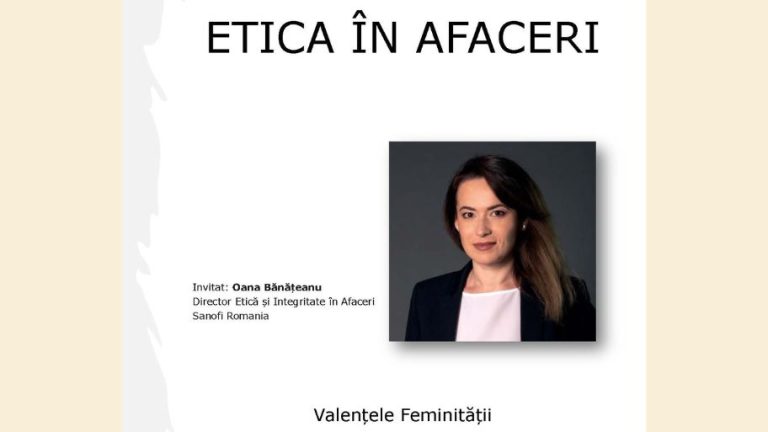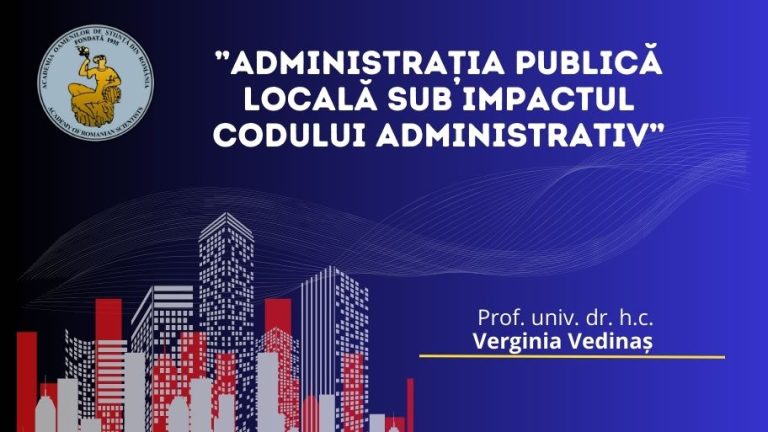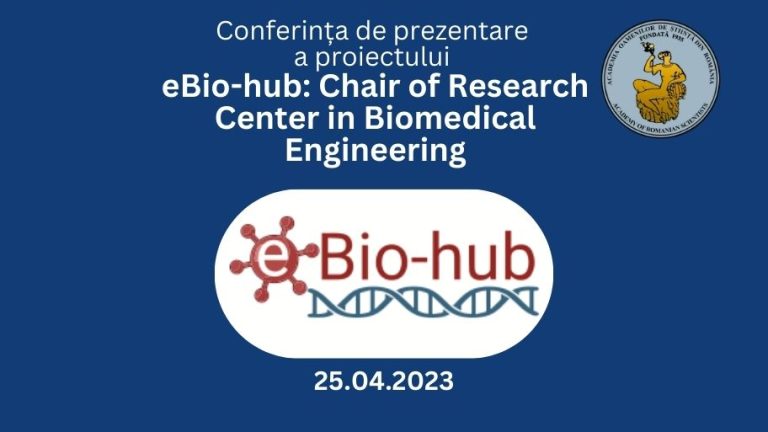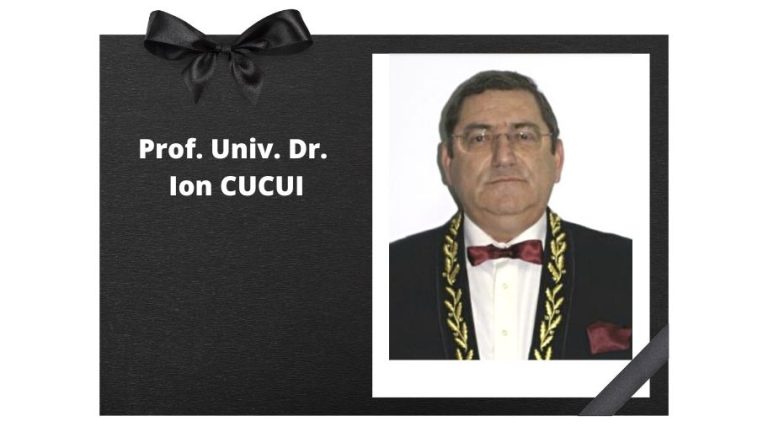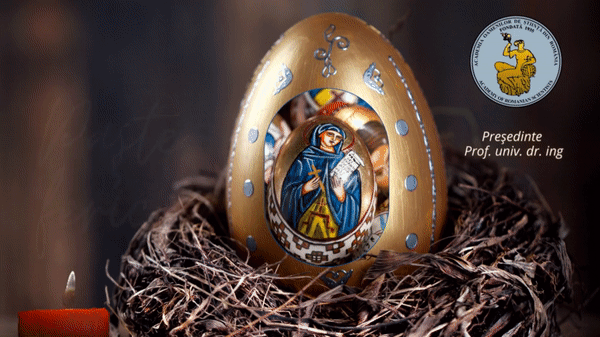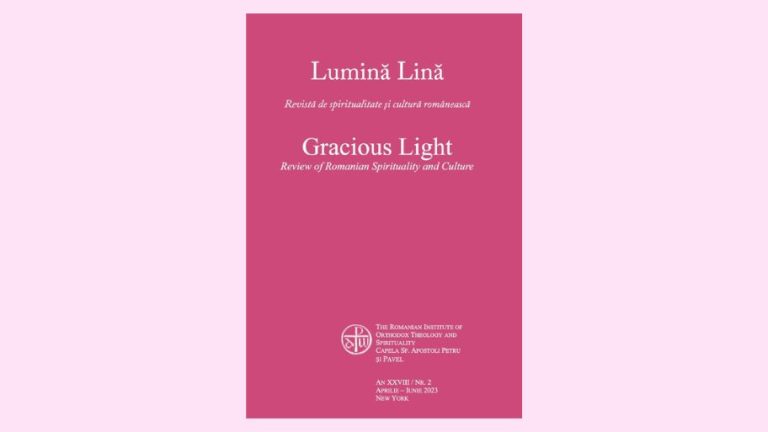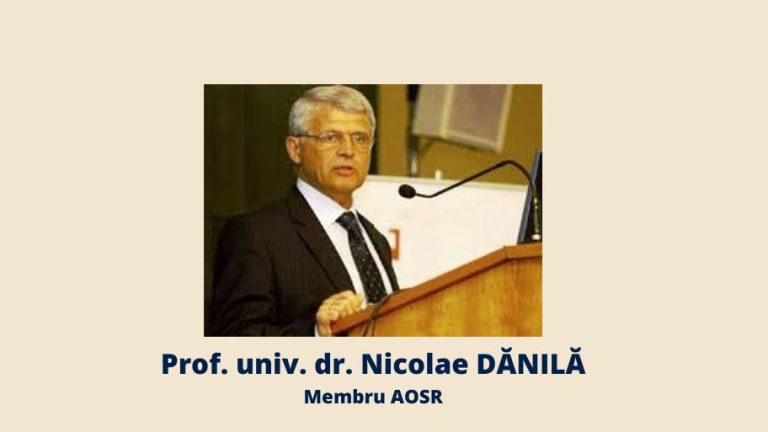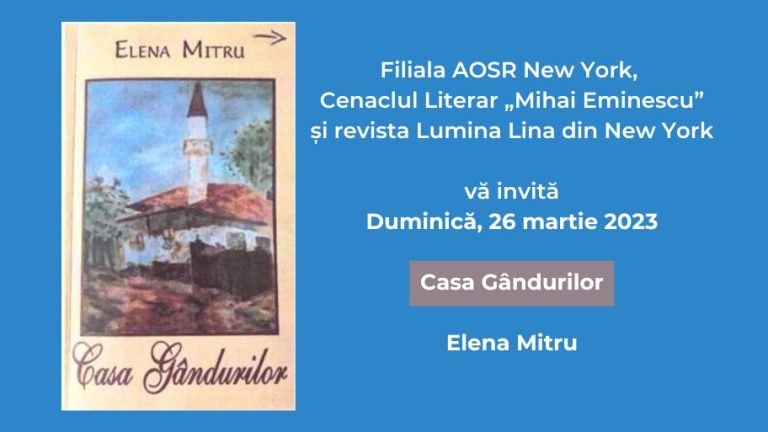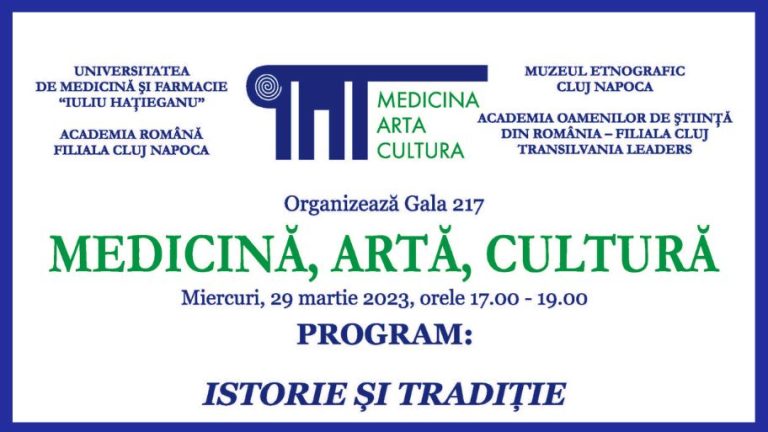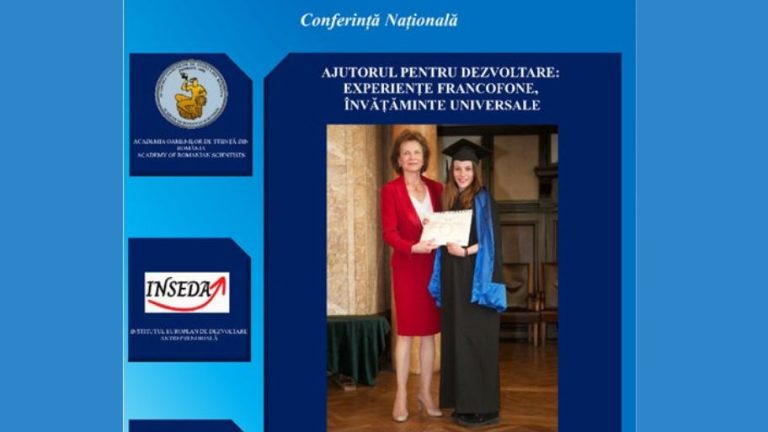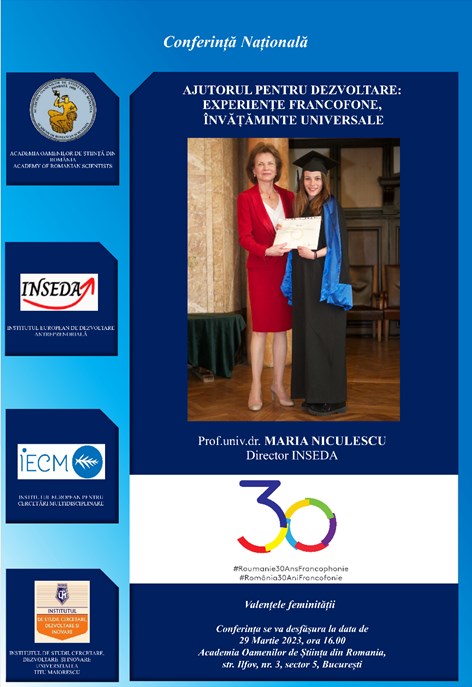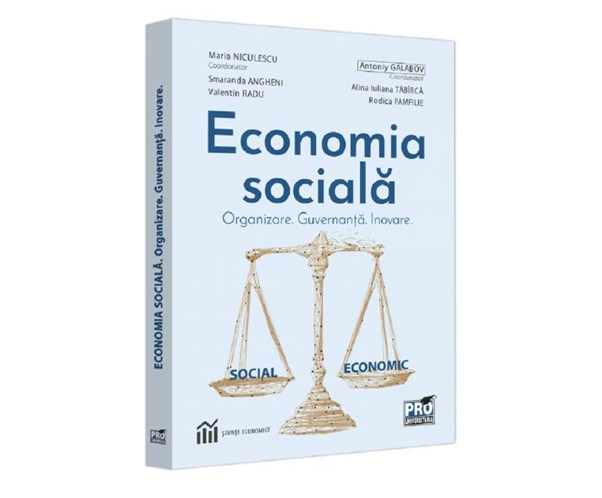Just over a decade has passed since the last economic and financial crisis, and at the beginning of 2023 we are once again facing the spectre of a possible global banking crisis. This time the causes are multiple and different. Complex economic, geopolitical and climatic risks have imposed and continue to impose immediate measures and regulations aimed at reducing or eliminating, among other things, the risk of contagion, of a deepening loss of confidence in the financial-banking system by customers and the population.
I mentioned in one of my recent public speeches that the Romanian banking system must be a vital component of the solution package to address the country’s current problems and not an additional source of problems.
Banks have a critical mission at the national level and therefore need to make and prove continuous and substantial efforts to urgently structure and adopt business models that strengthen the loyalty of existing customers and facilitate the attraction of new customers from the broad spectrum of a country’s population.
Increasing confidence in the banking system is a basic element that contributes concretely both to meeting the needs and expectations of the population and to strengthening the sustainability and resilience of a business model and, why not, the very existence and raison d’être of a bank.
In this context, financial inclusion becomes an essential component of the mission, of the vocation of a banking institution operating in a national territory.
Where do we stand in Romania? I was reminded of a global analysis made in 2021 by the World Bank, namely Global Findex, which includes the EU countries. The World Bank mentioned that in 2021 more than 3.6% of the EU population was excluded from an account or other financial relationship with a bank (we are talking about 13 million adult population).
I must regretfully mention that the analysis highlights the fact that in 2021 Romania had the highest percentage of the adult population without a bank account and without having a financial relationship with a bank, namely 30.9%, (true, we are witnessing an improvement compared to the situation in 2017 when 42.25% of the adult population was “unbanked”).
After us were Bulgaria with 16% unbanked adult population, Hungary 11.8%, Croatia 8.2%. If we look at the top, i.e. the developed EU countries, we see remarkable progress in the development of modern financial inclusion, which has also shown its purpose in contributing to the level of development and modernisation achieved by these countries. Denmark had 0% of the population without a financial relationship with a bank, Germany 0.02%, Austria 0.05%, the Netherlands 0.3%, Sweden 0.3%. More than 10 EU countries have succeeded in developing direct banking relationships with almost 99% of the adult population, providing banking services, advice, savings products and financing for the population.
Banks in a country must demonstrate efficiency, sustainability and resilience. The complex activity carried out by a banking institution requires the constant translation of economic, financial and social commitment to the community into reality. I have repeatedly expressed my position that, for any bank, a concrete and effective attitude and strategy, oriented towards the needs and expectations of all stakeholders, not excluding the general interest and social values, are decisive and fundamental sides of its existence.
The value of financial inclusion put into practice is one of the solutions for sustainable community development and for preventing a financial crisis, generating, among other things, a strengthening of economic and financial stability. The economic and social development of a country, of a community, is one of the engines of modern societal transformation. A socially responsible bank can play a decisive role in supporting local or central authorities in their efforts and programmes to raise the level of development and the standard of living, to reduce economic and social gaps and inequalities. Such elements may otherwise become sources of discontent and risks that will affect both short and long-term national economic and financial stability, as well as the sustainability and resilience of banking institutions.
As we have argued before, banking is one of the important lines of strengthening and defending economic and financial stability. We all agree that achieving optimal bank sustainability and resilience must be underpinned by a strategy and business model that is established and implemented in a responsible and professional manner. It is true that in these complex times (geopolitical developments, high inflation, uncertainties in international markets, inequality and social tensions) banks need to address some priorities that they may consider more urgent than financial inclusion, namely business sustainability, strengthening resilience, good risk management, cybersecurity and last but not least engagement in the transition to a sustainable economy. On the same level, green financing and progress in digitisation require enormous financial efforts and expertise aligned to the level and requirements of this period.
Knowledge and application of best practices at European and global level are necessary objective priorities. The challenges and solutions to achieving these goals are found in bank policies and programmes to achieve both inclusion and financial education. The multiple financial education programmes initiated by the National Bank of Romania and, unfortunately, only by a small part of the banks in our country, need to be revitalised and continuously supported, in order to enlarge the number of those included and to extend the territorial scope to the whole country. Ongoing local communication and cultural adaptation efforts and programmes are also needed to attract interest and understanding of the general expectations of the general public in our country. Even Romanian education at all levels needs an “update” to the needs by including financial education among the priority areas in the educational curriculum.
I return briefly to another subject that I have addressed publicly every time I have had the opportunity. The development of the banking sector, its modernization and the implementation of an effective and efficient business model must imperatively include the development of the activity also at territorial level through a network of branches for which investments in “equipping” with qualified and dedicated banking staff are necessary (I recall a qualitative requirement, namely that the respectful and responsible treatment of a client implies treating bank employees at the same level by banking institutions and by society). I agree that digitalisation is an effective and efficient transformational force for financial institutions. But digitisation must not lead to financial and social exclusion. On the contrary, the expansion of the implementation of digitisation, innovation and, of course, cyber security must be permanently accompanied by the development and existence of the largest possible branch network throughout the country. I mentioned recently that in our approaches we need to strike a balance between the efficiency of financial activity and its social utility. Digitisation and innovation are called upon to ensure prosperity, sustainability and inclusion for Romanian society and to enable the shift from quantitative to qualitative approaches at all levels of society. At the same time, financial education and face-to-face contact with a client or potential client is a decisive factor in getting to know them better, their mindsets and expectations, needs and existing or future potential. This is the only way to develop banking solutions and products that are tailored to customer needs, while also capturing aspects of good risk management and the application of banking regulations and best practices.
Prof. Univ. Dr Nicolae Danila
President of the Section of Economic, Legal and Sociological Sciences
of the Academy of Romanian Scientists


